Browse
By Author
-
eBook available
 Published January 2018
Published January 2018 Contrarian Anthropology
The Unwritten Rules of Academia
Nader, L.
Analyzing the workings of boundary maintenance in the areas of anthropology, energy, gender, and law, Nader contrasts dominant trends in academia with work that pushes the boundaries of acceptable methods and theories. Although the selections illustrate the history of one anthropologist’s work over half a century, the wider intent is to label a field as contrarian to reveal unwritten rules that sometimes hinder transformative thinking.
Subjects: Anthropology (General) Theory and Methodology Cultural Studies (General)
Hb
Paperback available -
eBook available
 Published January 2010
Published January 2010 Conceptualizing Iranian Anthropology
Past and Present Perspectives
Nadjmabadi, S. (ed)
Subject: Theory and Methodology
Hb
Paperback available -
eBook available
 Published November 2017
Published November 2017 Vital Diplomacy
The Ritual Everyday on a Dammed River in Amazonia
Nahum-Claudel. C.
Focusing on the major ceremonial cycle of the Enawene-nawe people, Vital Diplomacy sheds new light on classic Amazonian themes such as manioc cultivation and cuisine, predatory relations with non-humans, and the interplay of myth and practice, and to consider dynamics of kin, clan, and gender relations, the meaning of productive work, and practices of foreign diplomacy.
Subjects: Anthropology (General) Cultural Studies (General)
Hb
Paperback available -
 Published May 2014
Published May 2014 Asymmetrical Conversations
Contestations, Circumventions, and the Blurring of Therapeutic Boundaries
Naraindas, H., Quack, J., & Sax, W. S. (eds)
“This is a compelling and intellectually satisfying volume that offers important new ethnographic work which, I would argue, revitalizes studies of medical pluralism…an important project by some of the most outstanding and well-known scholars in these areas of study — several of whose names readers will recognize and inspire interest in the volume.” · Murphy Halliburton, City University of New York
Subjects: Medical Anthropology Anthropology of Religion
Hb -
eBook available
 Published April 2023
Published April 2023 Working the Fabric
Resourcefulness, Belonging and Island Life in Scotland’s Harris Tweed Industry
Nascimento, J.
Trademark-protected since 1910, the famous woollen cloth known as Harris Tweed can only be produced in the Outer Hebrides of Scotland – yet it is exported to over 50 countries around the world. Examining contemporary experiences of work and life, this book is the first in-depth anthropological study of the renowned textile industry, complementing and updating existing historical and ethnographic research.
Subjects: Anthropology (General) Sociology Cultural Studies (General)
Hb
Paperback available -
eBook available
 Published May 2023
Published May 2023 Servants of Culture
Paternalism, Policing, and Identity Politics in Vienna, 1700-1914
Natarajan, A.
Using a wide range of material including legal, criminal, literary, and political sources, Servants of Culture brings forward the previously neglected history of a mass migration of women from the Habsburg Empire’s countryside to work as servants for bourgeois households, inns and hotels during the second half of the 19th century. At the time, socio-political players claimed to want to improve the living and working conditions of these migrants but as Natarajan demonstrates these efforts resulted in an increase in surveillance and a restriction of freedoms for women and servants in Viennese history.
Subjects: History: 18th/19th Century Refugee and Migration Studies Gender Studies and Sexuality
Hb -
 Published March 2013
Published March 2013 The Golden Chain
Family, Civil Society and the State
Nautz, J., Ginsborg, P., & Nijhuis, T. (eds)
Subjects: History (General) Sociology
Hb -
eBook available
 Published March 2016
Published March 2016 The Decolonial Mandela
Peace, Justice and the Politics of Life
Ndlovu-Gatsheni, S.
This concise, forcefully argued volume lays out a groundbreaking interpretation of the “Mandela phenomenon.” Contrary to a neoliberal social model that privileges adversarial criminal justice and a rationalistic approach to warmaking, Sabelo J. Ndlovu-Gatsheni elevates transformative political justice and a pluriversal vision of society as key features of Nelson Mandela’s legacy.
Subject: History: 20th Century to Present
Hb
Paperback available -
eBook available
 Published June 2013
Published June 2013 Empire, Global Coloniality and African Subjectivity
Ndlovu-Gatsheni, S. J.
The author’s sharply critical perspective reveals how an epistemology of alterity has kept Africa ensnared within colonial matrices of power, serving to justify external interventions in African affairs, including the interference with liberation struggles and disregard for African positions. Evaluating the quality of African responses and available options, the author opens up a new horizon that includes cognitive justice and new humanism.
Subject: Colonial History
Hb
Paperback available -
eBook available
 Published March 2016
Published March 2016 Choreographies of Landscape
Signs of Performance in Yosemite National Park
Ness, S. A.
This original and cross-disciplinary book studies the experiences of Yosemite park visitors in order to understand human connection with and within natural landscapes. It grounds a sophisticated semiotic analysis in the lived experiences of parkgoers, assembling a collective account that will be of interest in disciplines ranging from performance studies to cultural geography.
Subjects: Performance Studies Anthropology (General) Environmental Studies (General)
Hb -
eBook available
 Published May 2016
Published May 2016 Crown, Church and Constitution
Popular Conservatism in England, 1815-1867
Neuheiser, J.
Much scholarship on nineteenth-century English workers has been devoted to their radical politics, neglecting the patriotism, royalism, and xenophobia that countless Victorian men and women embraced. This study of “conservatism from below” explores the working-class devotion to Britain’s monarchical, religious, and legal institutions in the defense of traditional English culture.
Subject: History: 18th/19th Century
Hb -
 Published January 2003
Published January 2003 Peace At Last?
The Impact of the Good Friday Agreement on Northern Ireland
Neuheiser, J. & Wolff, S. (eds)
Subjects: History (General) Sociology
Hb
Paperback available -
eBook available
 Published November 2013
Published November 2013 Dance Circles
Movement, Morality and Self-fashioning in Urban Senegal
Neveu Kringelbach, H.
A historically informed ethnography of creativity, agency, and the fashioning of selves through the different life stages in urban Senegal, this book explores the significance of multiple engagement with dance in a context of economic uncertainty and rising concerns over morality in the public space.
Subjects: Performance Studies Anthropology (General)
Hb
Paperback available -
eBook available
 Published October 2012
Published October 2012 Dancing Cultures
Globalization, Tourism and Identity in the Anthropology of Dance
Neveu Kringelbach, H. & Skinner, J. (eds)
Subjects: Performance Studies Travel and Tourism Anthropology (General)
Hb
Paperback available -
eBook available
 Published October 2023
Published October 2023 Of Hoarding and Housekeeping
Material Kinship and Domestic Space in Anthropological Perspective
Newell, S. (ed)
Of Hoarding and Housekeeping provides an anthropological, global, and comparative angle to the understanding of hoarding and decluttering. Focusing on the house, with careful attention to material flows in and out, this book examines practices of accumulation, storage, decluttering, and waste as practices of kinship and the objects themselves as material kin.
Subjects: Political and Economic Anthropology Sociology Cultural Studies (General)
Hb -
eBook available
 Published October 2023
Published October 2023 Poverty Archaeology
Architecture, Material Culture and the Workhouse under the New Poor Law
Newman, C. & Fennelly, K.
The Poor Laws in the United Kingdom left a built and material legacy of over two centuries of legislative provision for the poor and infirm. Workhouses represent the first centralized, state-organized system for welfare. This volume forms a social archaeology of the lived experience of poverty and health in the nineteenth century.
Subjects: Archaeology History (General) Political and Economic Anthropology
Hb -
eBook available
 Published September 2019
Published September 2019 Nearly the New World
The British West Indies and the Flight from Nazism, 1933–1945
Newman, J.
In the years leading up to the Second World War, increasingly desperate European Jews looked to far-flung destinations such as the Barbados, Trinidad, and Jamaica in search of refuge. Nearly the New World tells the remarkable story of Jewish refugees who overcame persecution and sought safety in the West Indies from the 1930s through the end of World War II
Subjects: Jewish Studies Genocide History History: World War II Refugee and Migration Studies
Hb
Paperback available -
eBook available
 Published April 2025
Published April 2025 Dreaming and the Imagination
Theoretical Intersections in Cross-Cultural Perspective
Newsom, M. D. (eds)
Of all the human behaviors anthropologists consider, perhaps the most conceptually challenging are those that cannot by directly observed. This volume draws from rich ethnographic data to offer theoretical and methodological tools for mapping the intersections between two such behaviors: dreaming and imagination.
Subjects: Anthropology (General) Theory and Methodology Sociology
Hb -
eBook available
 Published December 2017
Published December 2017 Singing Ideas
Performance, Politics and Oral Poetry
Ní Shíocháin, T.
The songs of the beloved Irish poet Máire Bhuí Ní Laeire (Yellow Mary O’Leary) explore themes of colonial subjection, oppression and injustice, representing an integral contribution to the development of anti-colonial thought in Ireland. Singing Ideas explores the significance of her work, and the immense power of her chosen medium.
Subjects: Performance Studies History: 18th/19th Century Anthropology (General) Literary Studies
Hb
Paperback available -
 Published February 2002
Published February 2002 Plural Identities - Singular Narratives
The Case of Northern Ireland
Nic Craith, M.
Subjects: Cultural Studies (General) History: 20th Century to Present
Hb
Paperback available -
 Published July 2012
Published July 2012 Lost Objects Of Desire
The Performances of Jeremy Irons
Nicholls, M.
Subject: Film and Television Studies
Hb -
eBook available
 Published April 2021
Published April 2021 Exchanging Objects
Nineteenth-Century Museum Anthropology at the Smithsonian Institution
Nichols, C. A.
As an historical account of the exchange of “duplicate specimens” between anthropologists at the Smithsonian Institution and museums, collectors, and schools around the world in the late nineteenth century, this book reveals connections between both well-known museums and little-known local institutions, created through the exchange of museum objects. It explores how anthropologists categorized some objects in their collections as “duplicate specimens,” making them potential candidates for exchange.
Subjects: Museum Studies Anthropology (General) Cultural Studies (General)
Hb
Paperback available -
eBook available
 Published July 2010
Published July 2010 Jewish Life in Nazi Germany
Dilemmas and Responses
Nicosia, F. & Scrase, D. (eds)
Subjects: Jewish Studies History: World War II Genocide History
Hb
Paperback available -
eBook available
 Published January 2018
Published January 2018 Nazism, the Holocaust, and the Middle East
Arab and Turkish Responses
Nicosia, F. R. & Ergene, B. A. (eds)
How was Nazism received in the Middle East? By focusing on Arab and Turkish reactions to Nazi anti-Semitism and persecution of the Jews in Germany and Europe, this collection offers a fresh perspective on institutional and popular attitudes towards Jewish communities throughout the Middle East during the 1930s and 1940s.
Subjects: Genocide History Jewish Studies
Hb
Paperback available -
 Published August 2015
Published August 2015 Germans Against Nazism
Nonconformity, Opposition and Resistance in the Third Reich: Essays in Honour of Peter Hoffmann
Nicosia, F. R. & Stokes, L. D. (eds)
Rather than being accepted by all of German society, the Nazi regime was resisted in both passive and active forms. This volume examines opposition to National Socialism by Germans during the Third Reich in its broadest sense.
Subject: History: 20th Century to Present
Pb -
eBook available
 Published May 2002
Published May 2002 Medicine and Medical Ethics in Nazi Germany
Origins, Practices, Legacies
Nicosia, F.R. & Huener, J. (eds)
Subjects: History: World War II Genocide History
Hb
Paperback available -
 Published March 2004
Published March 2004 Business and Industry in Nazi Germany
Nicosia, F.R. & Huener, J. (eds)
Subjects: History (General) History: 20th Century to Present Genocide History
Hb
Paperback available -
eBook available
 Published November 2024
Published November 2024 Radcliffe-Brown
Journeys Through Colonial Worlds, 1881-1955
Niehaus, I.
Alfred Radcliffe-Brown (1881-1955) is widely renowned as a founder of modern social anthropology. This biography challenges popular stereotypes of him as a misplaced positivist and colonial conservative. It shows Radcliffe-Brown to be a thoroughly cosmopolitan scholar, a committed fieldworker, and a sharp critic of colonialism.
Subjects: Anthropology (General) Theory and Methodology
Hb -
eBook available
 Published August 2024
Published August 2024 Smoke and Mirrors
The Yenidze Cigarette Factory, Dresden
Nielsen, D.
Providing the first comprehensive account of the Yenidze Tobacco factory in Dresden, designed by the architect Martin Hammitzsch for the flamboyant Dresden tobacco personality Hugo Zietz, this unique addition to Dresden’s skyline was a formative addition to the development of the modernist aesthetic
Subjects: Cultural Studies (General) History: 20th Century to Present Urban Studies
Hb -
 Published July 2015
Published July 2015 Figuration Work
Student Participation, Democracy and University Reform in a Global Knowledge Economy
Nielsen, G. B.
What should the role of students be in shaping their education, their university, and the wider society? This book seeks to answer these questions following recent international educational reforms. Using Denmark as the prism, the author reflects on and questions the kinds of future citizens who will emerge from current reforms.
Subjects: Educational Studies Anthropology (General)
Hb -
eBook available
 Published March 2025
Published March 2025 ‘You Don’t Know’
Precarious Methods and Life in a Workers' Hostel
Nielsen, J. A. E.
People employed at sites of precarious work such as call centres or retail warehouses often live precarious lives. Drawing on ethnographic research in a London hostel for precarious workers, the book explores the political, analytical and practical limitations of using traditional methods of trying to make sense of life in these settings.
Subjects: Theory and Methodology Sociology
Hb -
 Published December 2006
Published December 2006 Mozart
The First Biography
Niemetschek, F.
Subjects: Cultural Studies (General) History: 18th/19th Century
Hb -
eBook available
 Published January 2023
Published January 2023 Polarized Pasts
Heritage and Belonging in Times of Political Polarization
Niklasson, E. (ed)
When questions of belonging enter the forefront of political debates, so too does heritage. From different ends at the political spectrum, people invoke the past to validate their stance on immigration, equality and security. Together, the texts pave the way for a better understanding of the role of the heritage in society.
Subjects: Heritage Studies Cultural Studies (General) Archaeology
Hb -
 Published December 2025
Published December 2025 Capturing Commemoration
Reflections on the First World War Centenary in Britain
Noakes, L., Pennell, C., Hanna, E., Hughes, L., Kempshall, C. & Wallis, J.
An exacting study of the activities that marked the First World War Centenary within the UK from 2014 to 2018 that considers how this period shaped national identity and the increasingly collaborative field of public history.
Subjects: History: World War I History: 20th Century to Present Heritage Studies
-
 Published November 2004
Published November 2004 The Inverted Mirror
Mythologizing the Enemy in France and Germany, 1898-1914
Nolan, M. E.
Subject: History: 20th Century to Present
Hb
Paperback available -
 Published September 2007
Published September 2007 The Global Idea of ‘The Commons’
Nonini, D. M. (eds)
Subject: Theory and Methodology
Pb -
eBook available
 Published November 2019
Published November 2019 Social Im/mobilities in Africa
Ethnographic Approaches
Noret, J. (ed)
Grounded in both theory and ethnography, this volume insists on taking social positionality seriously when accounting for Africa’s current age of polarizing wealth. To this end, the notion of social im/mobilities emphasizes the complexities of current changes, taking us beyond the prism of a unidimensional social ladder, for social moves cannot always be apprehended through the binaries of ‘gains’ and ‘losses’.
Subjects: Mobility Studies Anthropology (General) Sociology
Hb
Paperback available -
 Published December 2001
Published December 2001 Social Democracy and Monetary Union
Notermans, T. (ed)
Subject: History: 20th Century to Present
Hb -
 Published January 2001
Published January 2001 In the Mind's Eye
Multidisciplinary Approaches to the Evolution of Human Cognition
Nowell, A. (ed)
This volume brings together the disciplines of palaeontology, psychology, anatomy, and primatology. Together, they address a number of issues, including the evolution of sex differences in spatial cognition, the role of archaeology in the cognitive sciences, the relationships between brain size, cranial reorganization and hominid cognition, and the role of language and information processing in human evolution.
Subjects: Archaeology Anthropology (General)
Hb
Paperback available -
 Published February 2006
Published February 2006 Cultures of Technology and the Quest for Innovation
Nowotny, H. (ed)
Subjects: Anthropology (General) History (General) Political and Economic Anthropology
Hb
Paperback available -
eBook available
 Published May 2020
Published May 2020 Bureaucracy, Work and Violence
The Reich Ministry of Labour in Nazi Germany, 1933–1945
Nützenadel, A. (ed)
In Bureaucracy, Work and Violence, the Reich Ministry of Labor is for the first time systematically illuminated as the bureaucratic arm responsible for the implementation of the National Socialist work doctrine. Historians reveal through pioneering research that the classical administrative apparatuses were far more involved in the Nazi regime and its crimes than has long been suspected.
Subjects: History: 20th Century to Present Genocide History
Hb
Paperback available

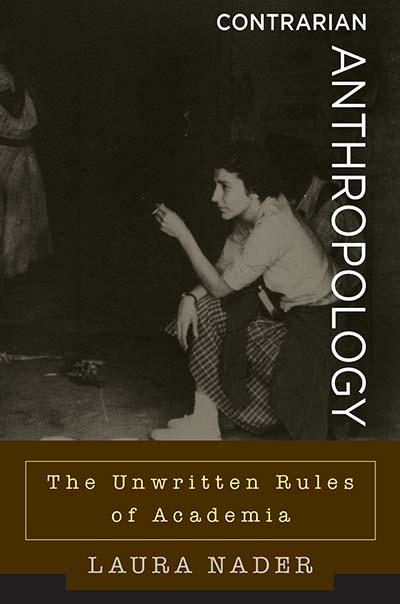 Published January 2018
Published January 2018 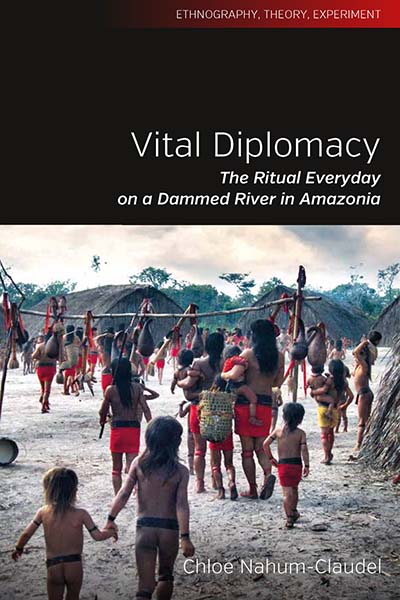 Published November 2017
Published November 2017 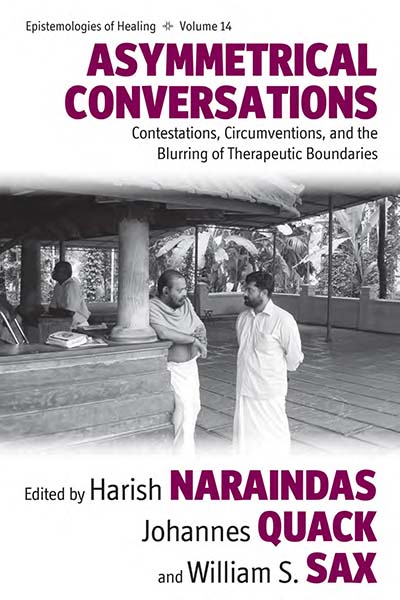 Published May 2014
Published May 2014  Published April 2023
Published April 2023 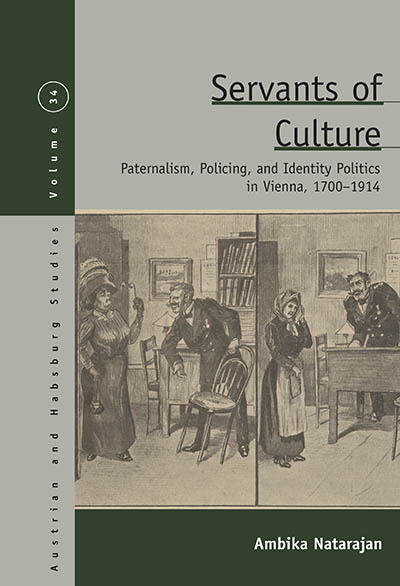 Published May 2023
Published May 2023 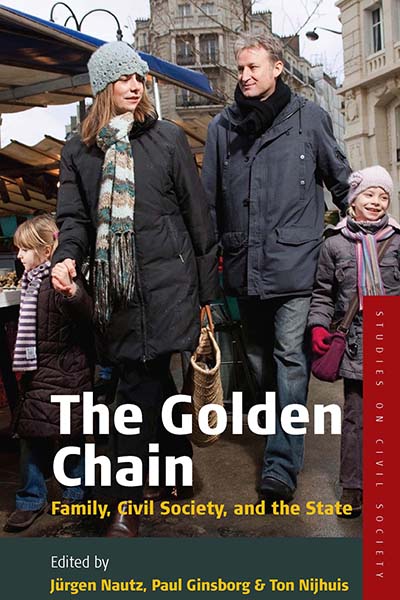 Published March 2013
Published March 2013 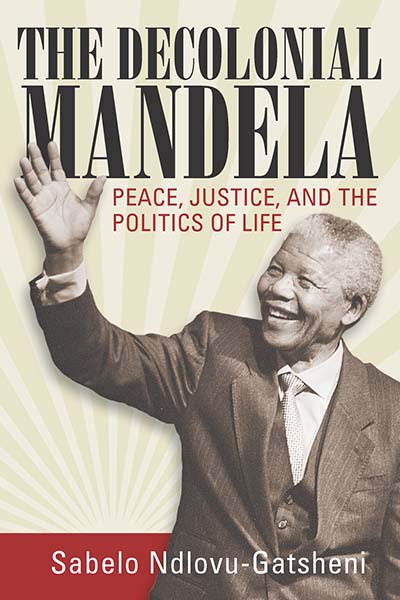 Published March 2016
Published March 2016 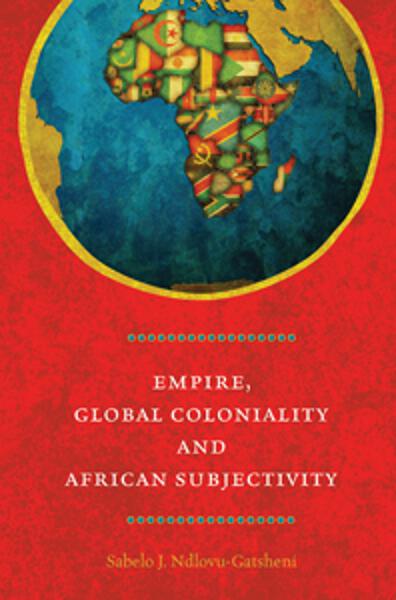 Published June 2013
Published June 2013  Published March 2016
Published March 2016 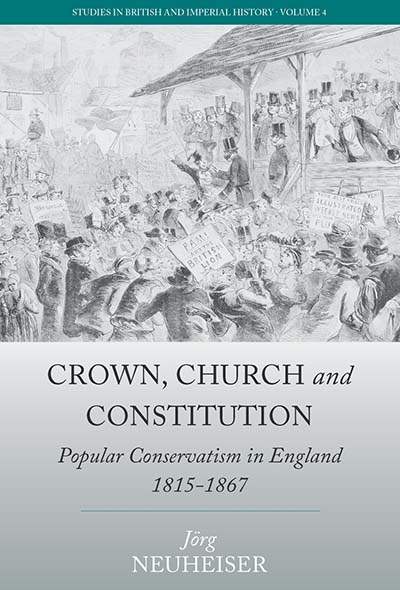 Published May 2016
Published May 2016 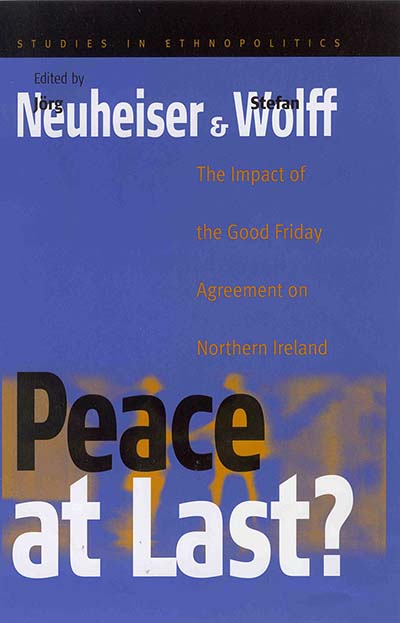 Published January 2003
Published January 2003 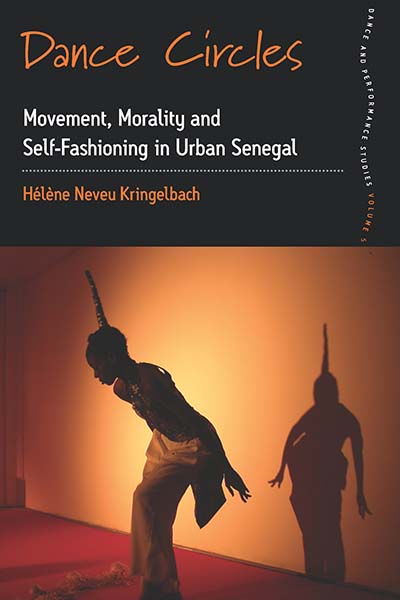 Published November 2013
Published November 2013 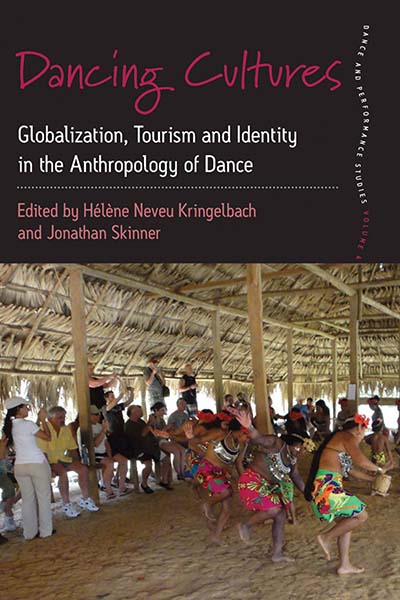 Published October 2012
Published October 2012 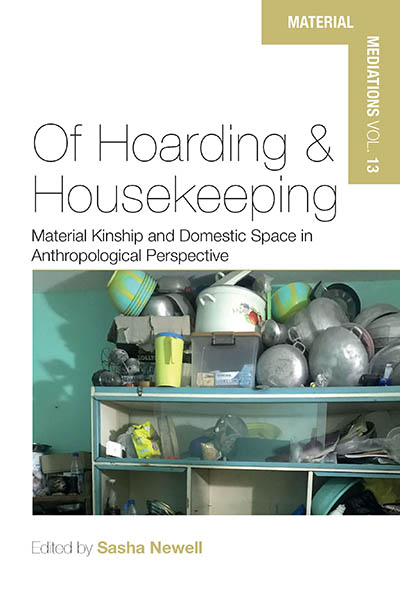 Published October 2023
Published October 2023 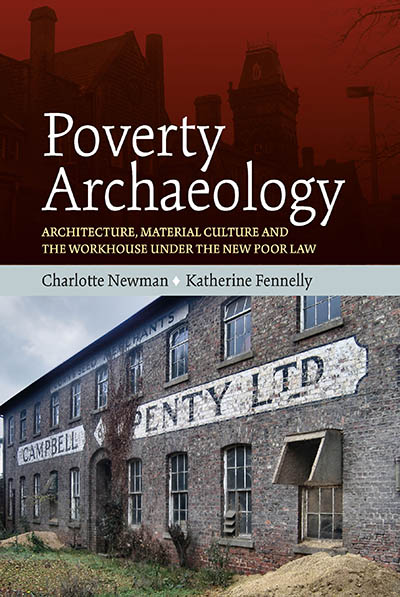 Published October 2023
Published October 2023 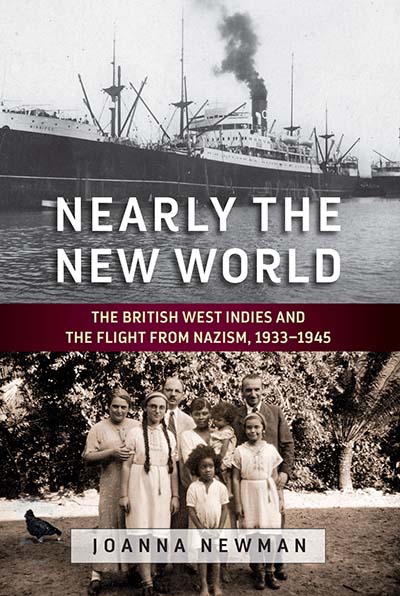 Published September 2019
Published September 2019  Published April 2025
Published April 2025  Published December 2017
Published December 2017 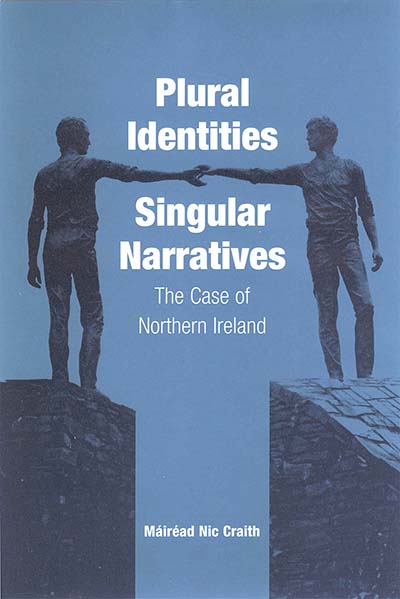 Published February 2002
Published February 2002  Published July 2012
Published July 2012  Published April 2021
Published April 2021  Published July 2010
Published July 2010 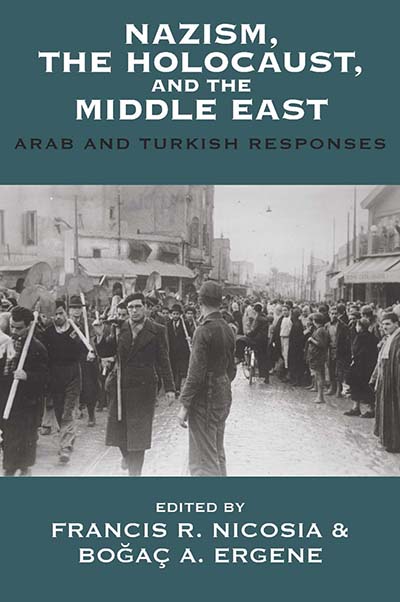 Published January 2018
Published January 2018 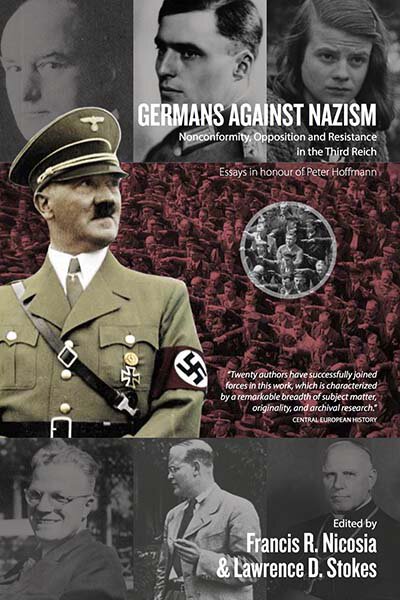 Published August 2015
Published August 2015 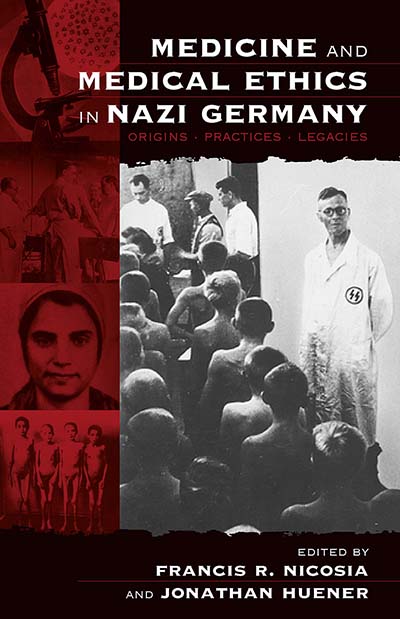 Published May 2002
Published May 2002 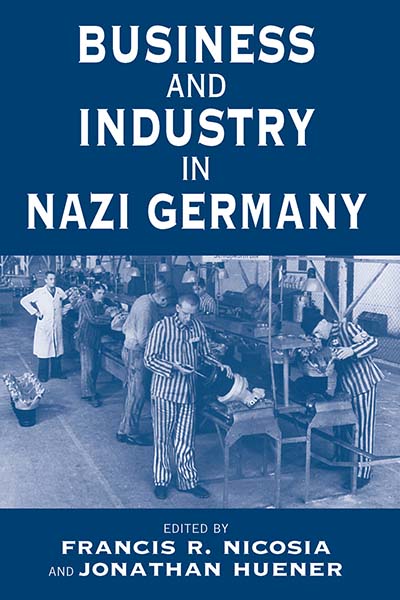 Published March 2004
Published March 2004 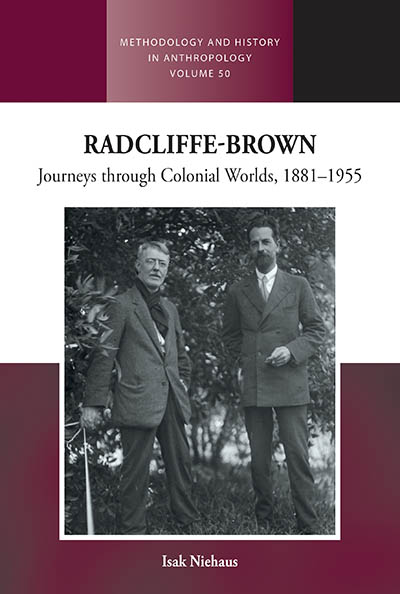 Published November 2024
Published November 2024  Published August 2024
Published August 2024  Published July 2015
Published July 2015  Published March 2025
Published March 2025  Published December 2006
Published December 2006 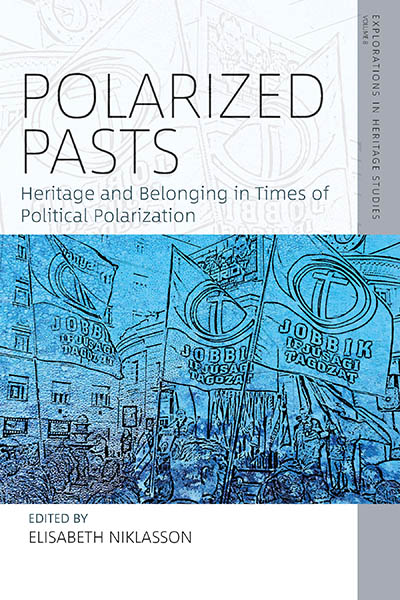 Published January 2023
Published January 2023 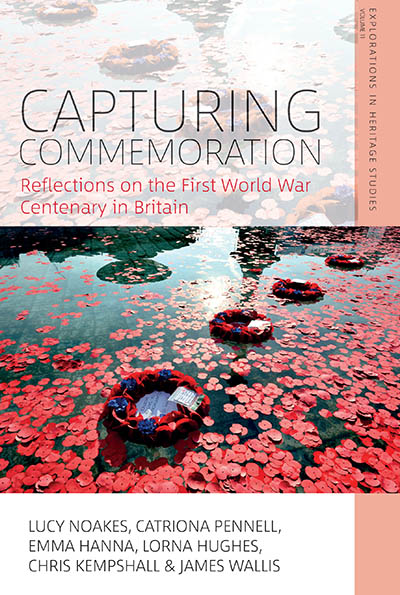 Published December 2025
Published December 2025 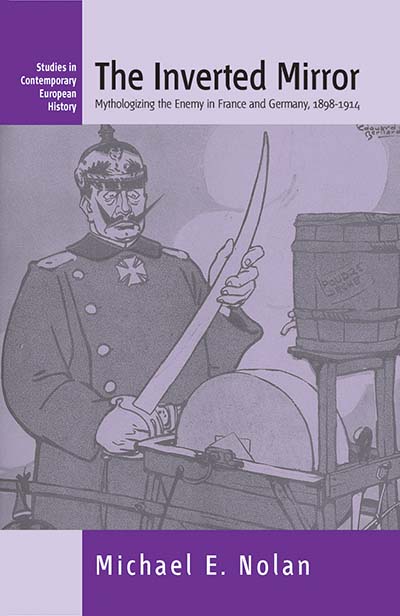 Published November 2004
Published November 2004 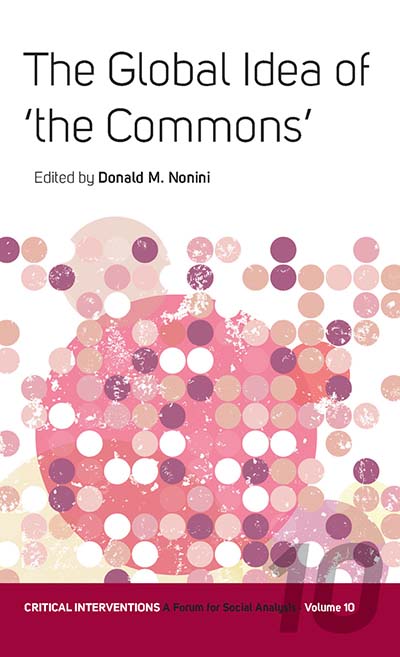 Published September 2007
Published September 2007 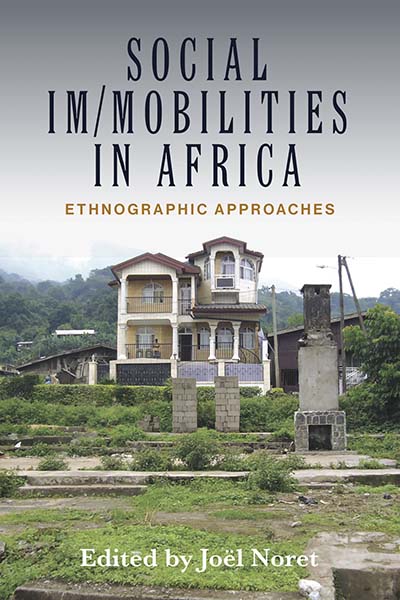 Published November 2019
Published November 2019 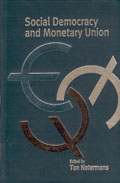 Published December 2001
Published December 2001 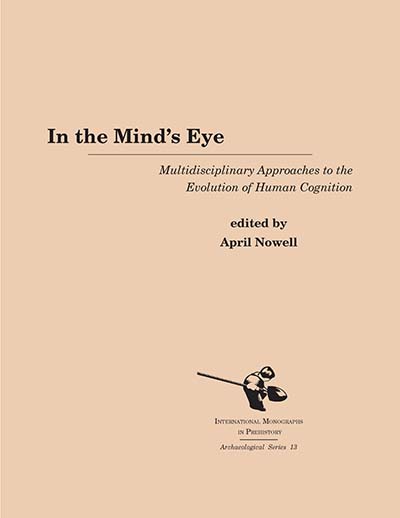 Published January 2001
Published January 2001 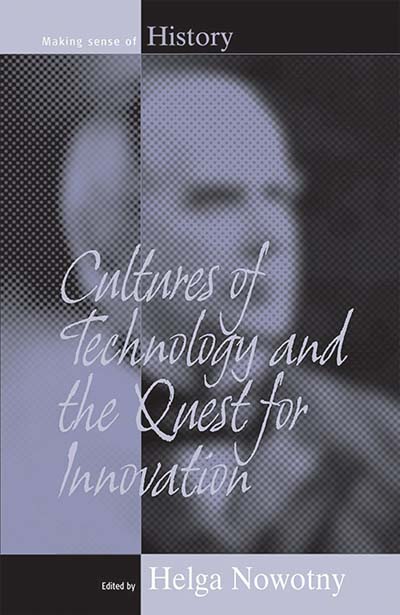 Published February 2006
Published February 2006  Published May 2020
Published May 2020